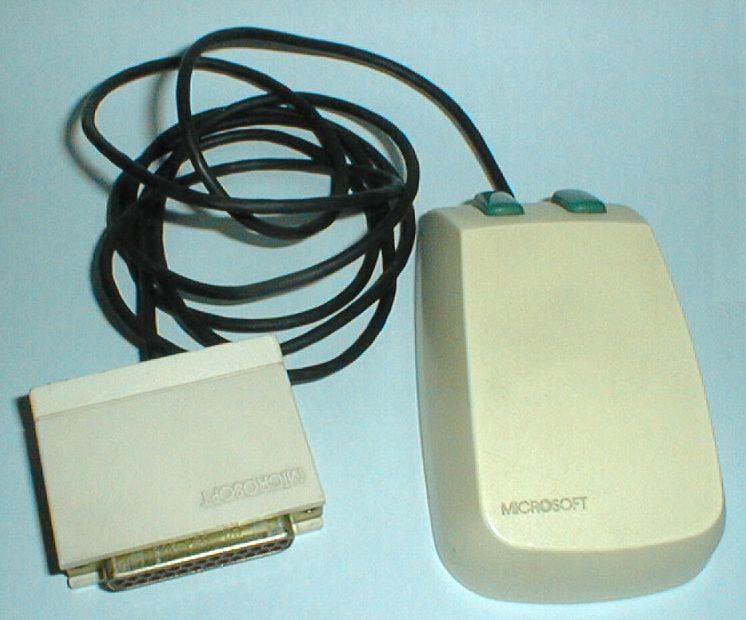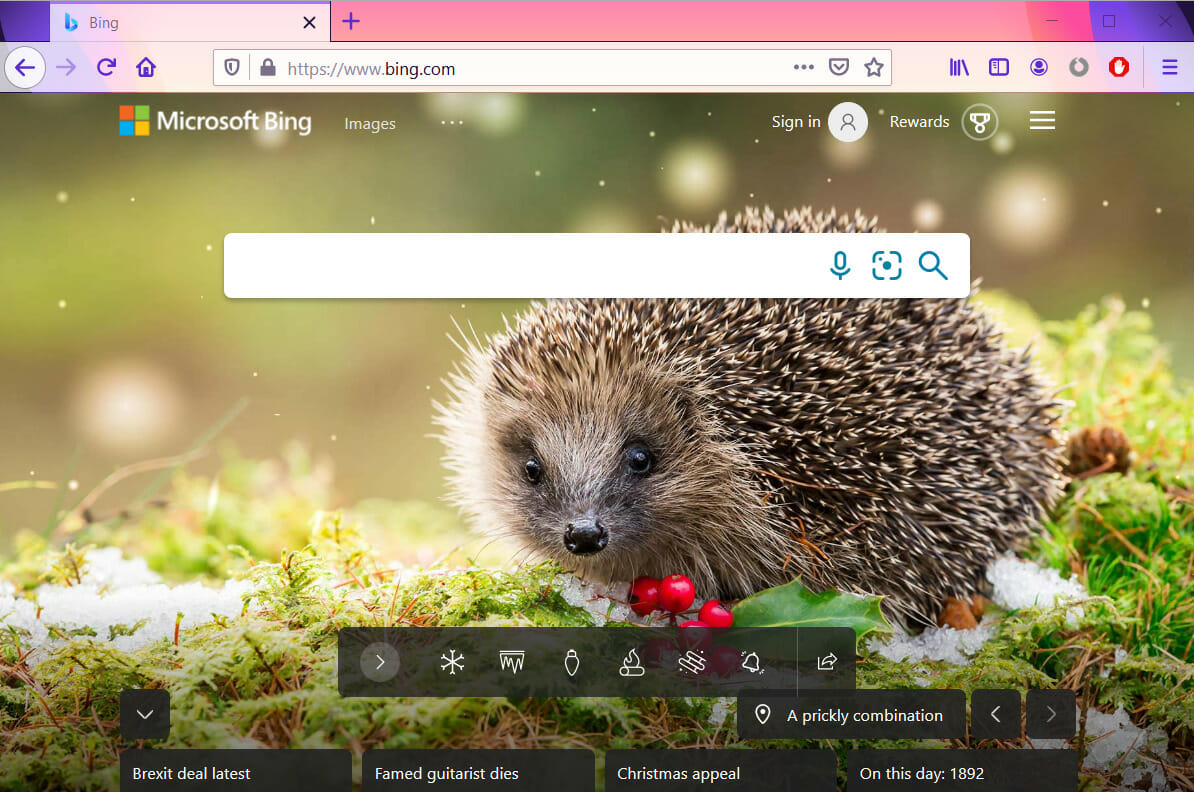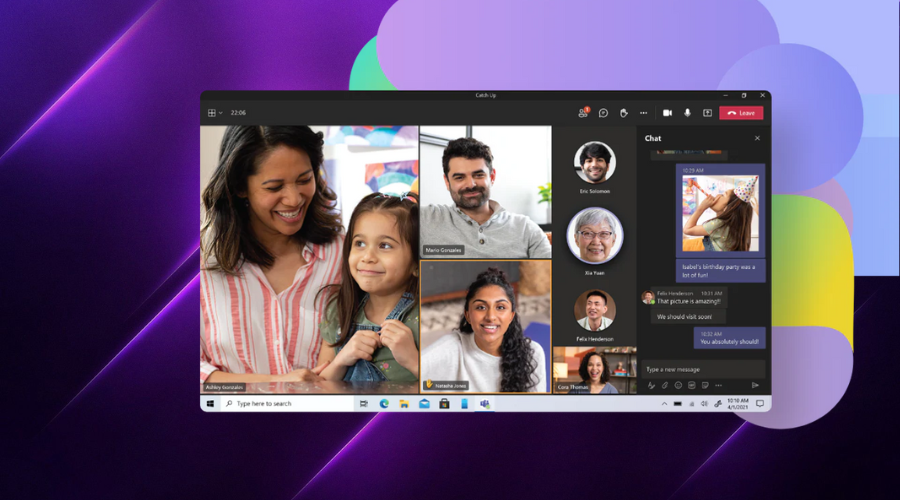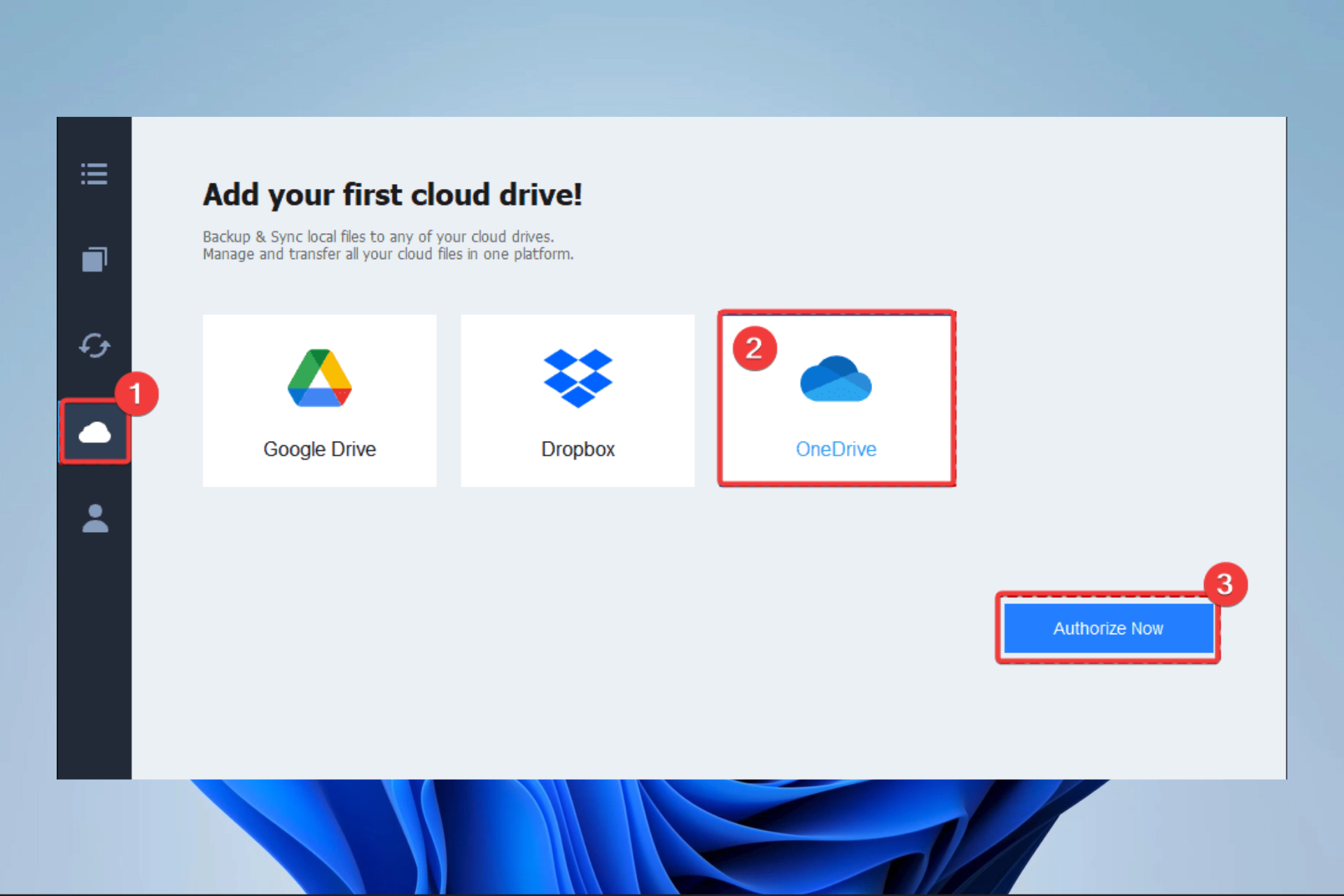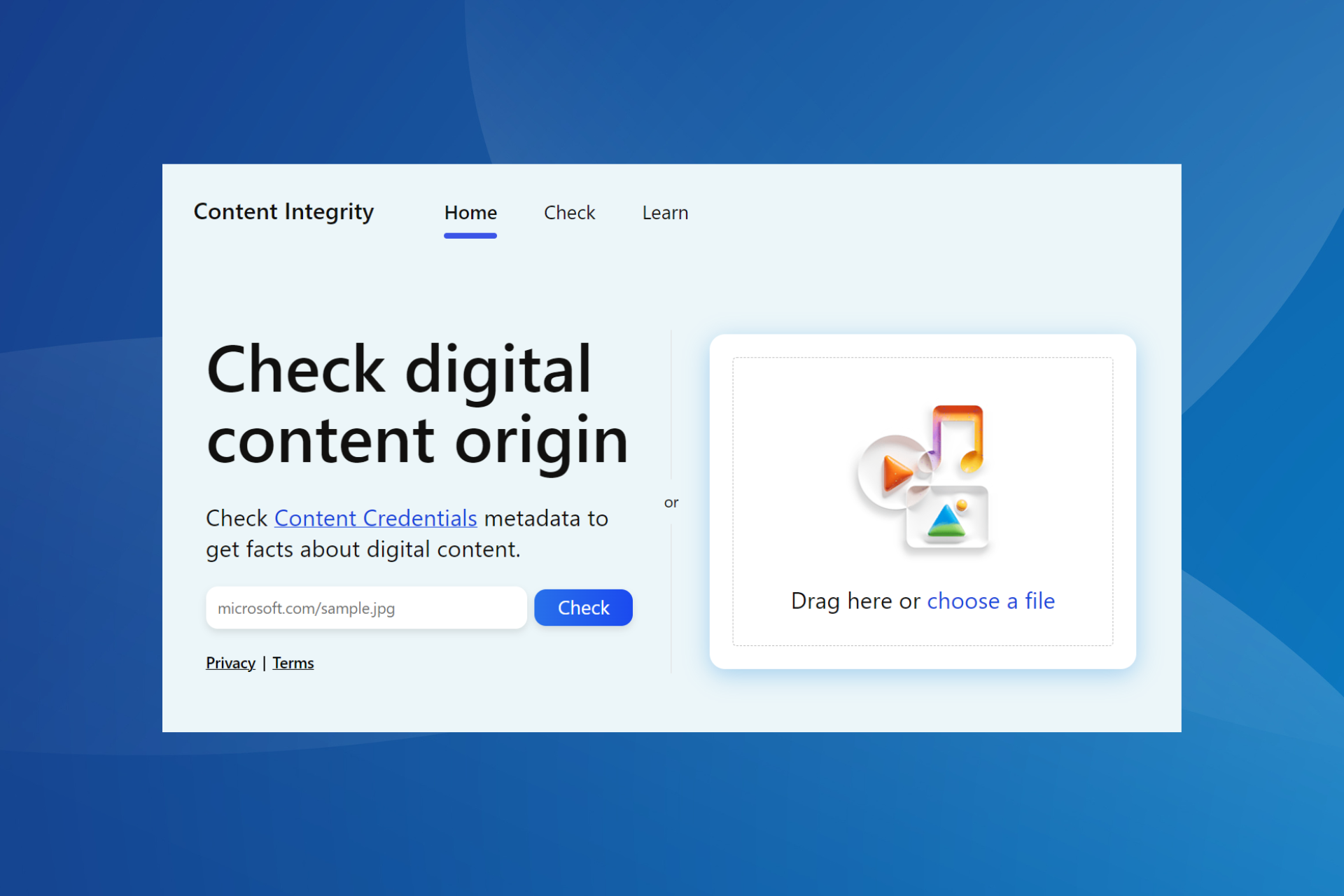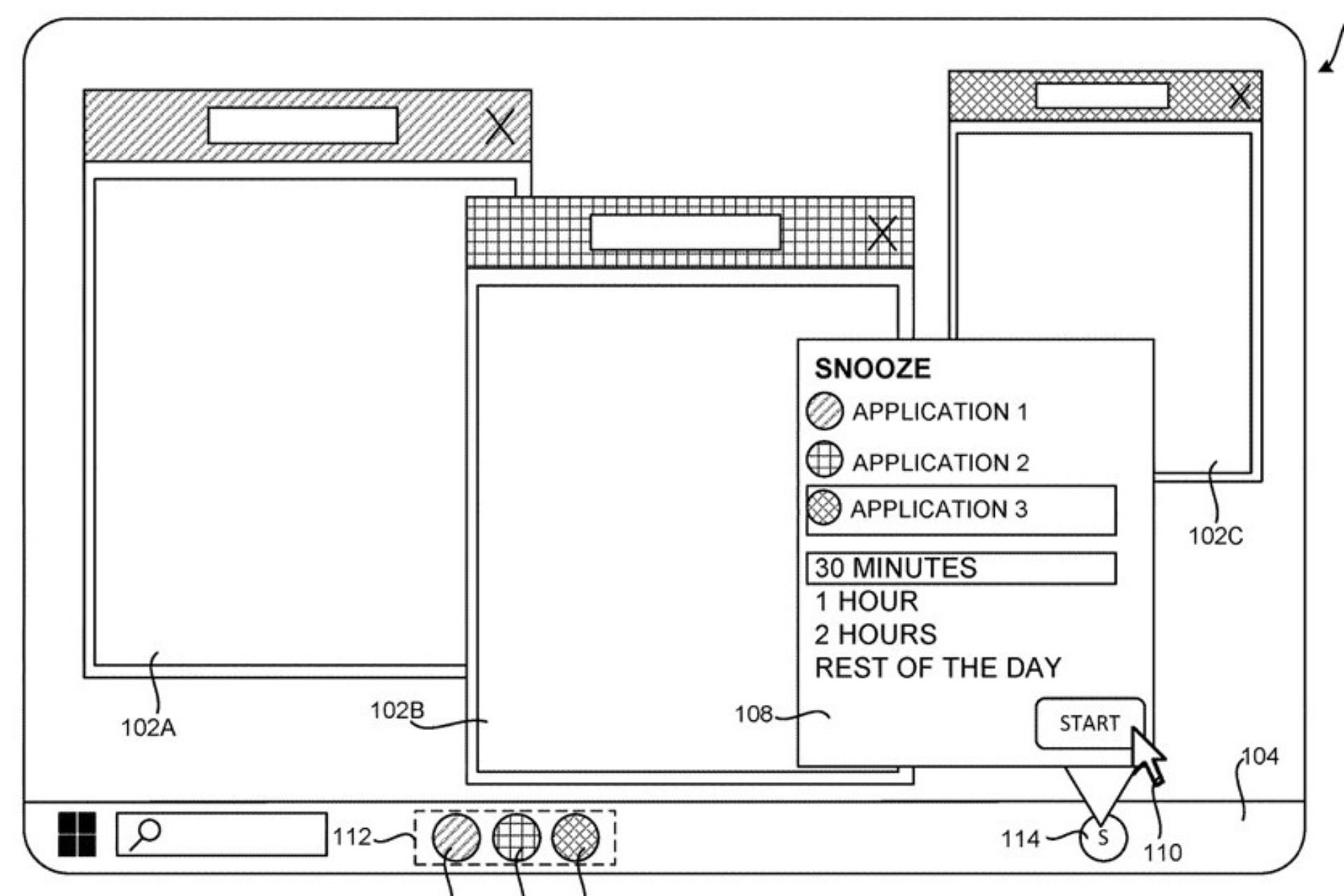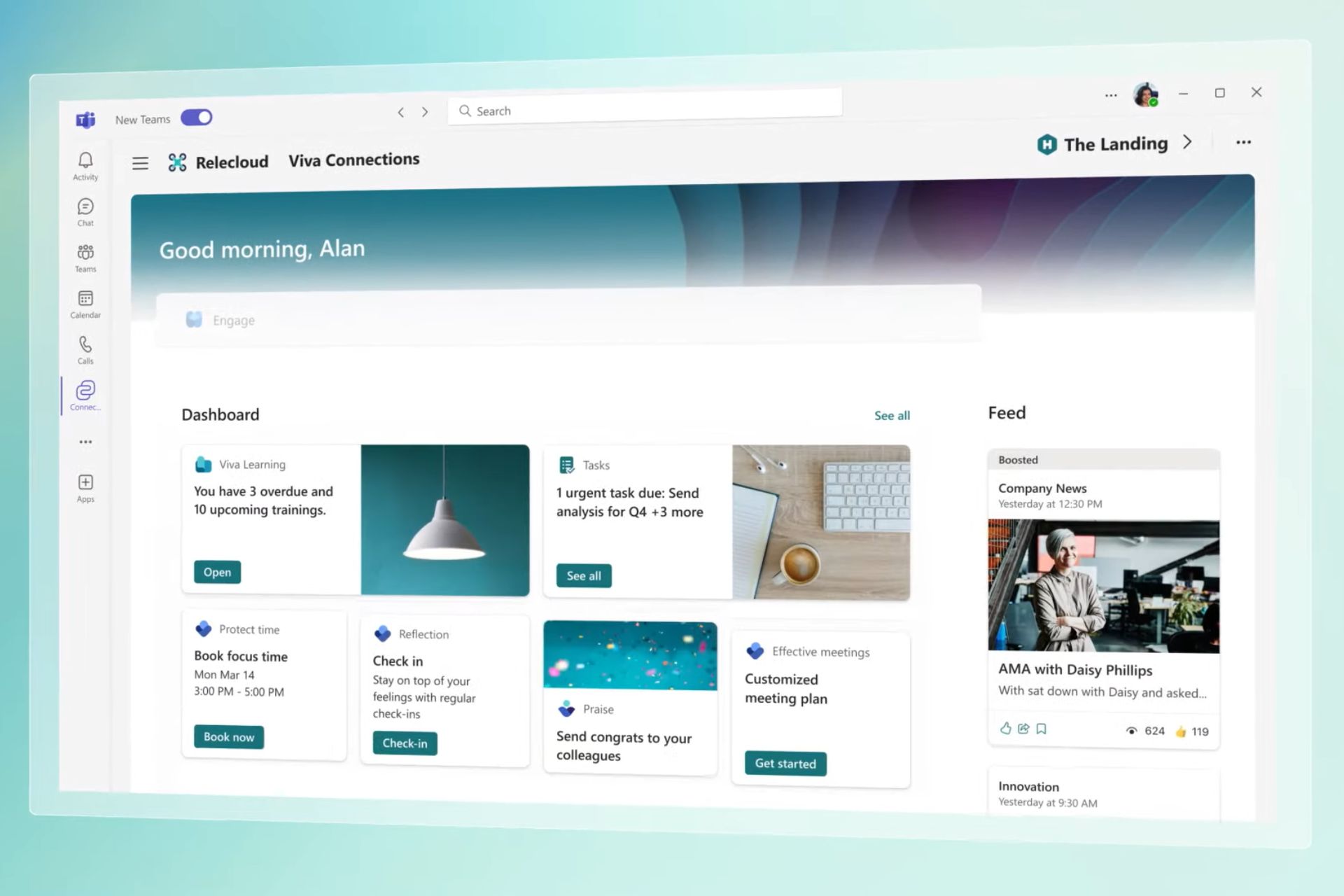5 Most Interesting & Important Facts About Microsoft
Of mugshots as placeholders and MikeRoweSoft and there's more
18 min. read
Updated on
Read our disclosure page to find out how can you help Windows Report sustain the editorial team Read more
Key notes
- Most people have heard of Microsoft – a global tech corporation behind one of the most well-known brands in the world, Windows.
- But how many people know about all the interesting facts about this huge company?
- We have prepared a small review of some of the most interesting facts about Microsoft.
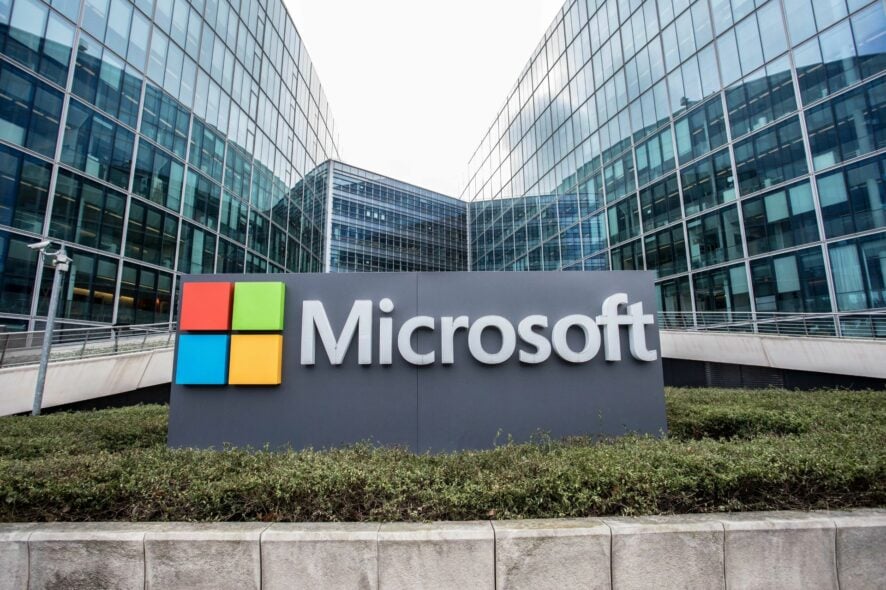
When you think of computers, Microsoft is sure to enter the chat. It’s almost like the two are synonymous. This just goes to show how big of a name Microsoft really is. After all, in the operating systems market share stats, Microsoft is leading.
And while we all have a rough idea about the tech giant, there are still some interesting facts about Microsoft hiding under the surface.
To give you a little snippet, here are some little-known facts we bet you never knew:
- Microsoft was to have a hyphen in its name; Micro-Soft
- Although assumed to be rivals in the same market, Microsoft once helped Apple avoid bankruptcy
- The first hardware Microsoft ever came up with was a mouse
These are just the tip of the iceberg, so if you want to discover other mind-blowing facts about Microsoft, keep reading.
What are some of the most important facts about Microsoft?
1. Microsoft was not the original name
Microsoft easily makes sense and just flows through the tongue. However, you’ll be surprised that although this was the first name proposed for the company, it was hyphenated. Micro-Soft was to be the name of the company.
The thinking behind this is that the first ever Windows version, 1.0 was on microcomputers, and the OS was new software. Paul Allen, a co-founder of the company, suggested the name.
Years later, we couldn’t imagine Micro-Soft as the official brand name. Microsoft just makes sense whenever it appears in logos.
2. Microsoft’s first-ever hardware was a mouse
Mice today have evolved from wired to wireless and have a bunch of features compared to the first-ever mouse from Microsoft. Despite possessing all these features, they still don’t come close to Microsoft’s first mouse in terms of price.
Released in 1993, the mouse was going for a whopping $195! Today, that amount could easily get you a desktop PC. It begs the question: Why was the first mouse so pricey?
Well, it had applications bundled in, such as Microsoft Word and Notepad. Still, the company didn’t make crazy sales as expected.
Since then, the PC accessory has evolved, and so has the price. You can easily get low-budget mice that do a decent job. After all, mice today are simply navigating tools and if your mouse is not working, you can easily use your keyboard.
3. Microsoft once helped Apple out of a rubble
How many people do you know that would help their enemies get back on their feet? Well, Microsoft did. In the tech industry, Microsoft and Apple produce similar software and hardware, so they are always competing for a piece of the market.
Although Microsoft has been leading for years, Apple is a worthy opponent. In 1997, Apple ran into some financial problems and almost closed shop.
Microsoft helped Apple get off the ground when it was on its last legs. Apple was struggling with poor sales and an overly expensive operating system that wasn’t catching on with consumers.
However, their savior would be Bill Gates, the Microsoft founder who would inject $150 million to save the sinking ship.
This move teaches us about healthy competition. Recognizing that you do not kick your opponent when they are down. Bill Gates could have chosen to ignore and build his equally young company at the time, but he didn’t.
4. Microsoft’s startup sound was created on a MAC
You must have heard that distinct startup sound whenever you power up your Windows PC. The startup sound first debuted when Microsoft launched Windows 95 back in 1995. It was a milestone for the company and the world of technology.
Brian Eno is the musical genius behind the 6-second sound that has entertained us when we switch on our computers. Amazingly, the talented musician says he created this sound when he was lost in his career.
It’s almost as if this project gave him the rebirth he needed. He explains that he had become so engrossed with this project that he created 84 sounds.
The most interesting thing about this process is that he used Microsoft’s rival, Apple’s Mac. When asked about it, his answer was simple. He just never liked PCs.
5. The Microsoft original logo was created in a day
If you were to approach a graphic designer and ask them to create a logo for your company in less than 24 hours, they’d probably think you’re crazy. This doesn’t hold for Microsoft, as its first logo was created in a day.
Of course, nobody paid attention to such details back then, but creating a distinct and recognizable logo that will be identified with your company is no small feat.
The logo has since evolved, and anyone can tell from afar that it is a Microsoft product just from the logo.
10 things Microsoft is most known for
What is Microsoft most known for? We can already answer what you’re thinking. Of course, it’s Windows. But besides Windows, what else can you associate Microsoft with?
Microsoft is a worldwide software corporation that offers products and services in various areas, including computer hardware, consumer electronics, personal computers, servers, gaming consoles, productivity applications, and mobile phones.
The company has introduced us to some amazing products over the years, and while some have fallen by the wayside, others have continued to thrive and evolve.
Here’s a look at some of the most famous:
1. Windows operating system
Windows is arguably Microsoft’s most successful product ever. It is the name of a series of operating systems developed by Microsoft. Windows has become the world’s most popular operating system, with each iteration better than its predecessor.
The latest Windows OS is Windows 11, and you can check out all its features in our detailed article.
2. Office productivity software suite
Microsoft Office is the most widely used productivity suite in the world, with applications including Word, Excel, PowerPoint, and Outlook.
The software has become synonymous with workplace productivity and can be found on nearly every computer sold today. Although other Microsoft Office alternatives exist, it remains the unquestionable leader in this area.
3. Xbox gaming console/platform
Microsoft launched its first Xbox gaming console in 2001 as an attempt to compete with Sony’s PlayStation 2 console.
The company later released an updated version called Xbox 360, one of the biggest-selling game consoles ever made. Microsoft also released two new versions of Xbox One, a sleeker model in 2013 and a slimmer version in 2015.
4. Bing search engine
Bing search engine is owned and operated by Microsoft. It is the second largest search engine in the U.S., after Google’s web search service.
Microsoft may not come first in the search engine wars, but at least it is among the top ones. The search engine continues to evolve, and now, it has integrated AI into Bing to help users automate tasks.
5. Cortana
Cortana is a digital assistant created by Microsoft for Windows Phone, Bing, Xbox One, iOS, Android, and Windows.
The name Cortana is derived from the fictional artificial intelligence character Cortana in Microsoft’s Halo video game series. Cortana is a voice-activated digital assistant that will help you with searches and other tasks on your PC.
6. Internet Explorer
Internet Explorer (IE) is a web browser developed by Microsoft Corp. It has been the dominant web browser since its inception, but today it faces stiff competition from Google Chrome, Mozilla Firefox, and Opera Software’s Opera Web browser.
Internet Explorer has undergone various enhancements and is today known as Microsoft Edge.
7. Windows Phone mobile operating system
This might be Microsoft’s least-performing product. Microsoft’s mobile operating system has struggled to gain market share against Android and iOS, but it has a decent user base.
If you’re a Windows Phone fan, you can’t help but be a little disappointed that the mobile operating system has yet to make any significant gains in popularity.
But even if you’re not a fan of Microsoft’s mobile OS, there are many other things the company is known for that have nothing to do with smartphones and tablets.
8. Skype
Microsoft acquired this popular messaging app in 2011 and it has since become one of its flagship products.
Skype allows users to make voice calls over the internet, send text messages, and share files. It’s also available on many different types of devices, such as smartphones, tablets, desktop computers, and many others.
Skype was really a hit, but it took a tumble in 2020 during the COVID-19 pandemic when a lot of people were working from home and needed to video call a lot.
Apps like Teams, Zoom and other video-conferencing software took advantage of this situation to put themselves on the map which explains why Skype was left behind.
9. Teams
Microsoft’s Teams feature is a collaborative tool that lets you create and manage team conversations. You can use it to discuss projects, assign tasks and reply to comments with the rest of your team.
It’s a Skype alternative that has made notable strides, especially in the last few years.
10. OneDrive
It wouldn’t be a complete list if we didn’t feature the cloud-based feature that allows us to back up our files.
The service is integrated into Windows and allows users to work on documents offline and then sync them back to the cloud once connected.
In addition to being a great way to organize your life, OneDrive is a great place to store pictures and videos from your phone or camera. And if you want more space for all those holiday photos, you can upgrade your storage plan.
This list is in no way exhaustive of all the products and services that Microsoft has under its belt. The company has acquired other businesses and continues introducing other products and services to the market.
50 things you didn’t know about Microsoft
Now, away from the tech jargon into the fun facts. These fun facts about Microsoft probably won’t help you in any way but are still mind-blowing.
1. Microsoft’s founders Bill Gates and Paul Allen once hacked their school’s computer
The two were a curious lot, but instead of being expelled, they were tasked with working toward the improvement of the overall security of the computer system. This also happens to be one of the few schools with a computer at the time.
2. Both founders of Microsoft dropped from college
Gates dropped out from Harvard after three semesters, and Allen from Washington State after two years. Harvard would years later award Gates with an honorary degree.
3. Microsoft was the second company created by Gates and Allen
Contrary to popular opinion, Microsoft is not the first company created by the two childhood friends. Their first was created while they were still in high school and was called Traf-O-Data.
4. Microsoft and Apple worked together before
In the beginning, the two friends came up with the first Macintosh computer. Gates and Jobs, however, became rivals after Gates announced he was developing Windows, and soon, they parted.
5. Paul Allen parted from Microsoft eight years after it was born
It had nothing to do with disagreements, as he and Gates were childhood friends. He was diagnosed with Hodgkin’s disease, a type of cancer. He, unfortunately, died in 2018.
6. Microsoft could have owned YouTube
The tech giant had the opportunity to acquire YouTube but passed on the chance and let Google acquire it for double the price.
7. Stockholders are in plenty
As of July 2022, Microsoft has 86,465 stockholders, and Gates is the largest individual shareholder at 1.38%.
8. Bill Gates rides in economy
Despite Microsoft’s founder Bill Gates being a billionaire, he flew in economy class until he could buy his own plane.
9. Microsoft’s founder was a time-freak
In its infant years, Microsoft’s founder Bill Gates had memorized many of his employees’ number plates to keep track of when they came in and left.
10. Males dominate Microsoft
Microsoft’s employees are predominantly male, with 76% and 23% females.
11. Windows was not the first OS
Windows was actually not the first OS from Microsoft. Xenix was the first one, but since it was co-developed with Apple, Microsoft abandoned it to create its own unique software.
12. Microsoft created the first smartwatch
The first-ever smartwatch was courtesy of Microsoft. It was water-resistant and required Windows 3.0 to run.
13. Stay hydrated
Microsoft’s Redmond headquarters has 35 cafeteria which offers free drinks to all its employees.
14. Newbies have a nickname
Employees working for Microsoft have been nicknamed softies. It could easily translate that you’re into software.
15. Windows 10 is the most installed OS
Windows 10 is the most installed OS ever. You can check the Windows yearly market share to see what OS has been dominating. It will be interesting to see whether Windows 11 will take this position shortly.
16. The interview at Microsoft is something else
If you ever want to work at Microsoft, forget the usual interview questions. Microsoft uses a different approach that requires you to think outside the box. The famous Why a manhole cover is round is one of the questions you can expect.
17. How many employees does Microsoft have
Microsoft started with three employees but has since grown, and as of 2022, it stands at 221,000.
18. From the screens to the CEO seat
Steven Anthony Ballmer, who was once Microsoft’s CEO for over a decade, was the main character in Windows’s first-ever commercial.
19. Art heals
Microsoft is a huge fan of the artwork, so much so that in its 150 campuses, at least 5,000 art pieces can be found displayed. These artwork pieces help relieve stress and boost productivity.
20. Word is more than just a text editor
The Quick Brown Fox Jumps over the Lazy Dog is not just a sentence that contains all the letters in the alphabet. Microsoft has created a command that, when entered in Word, will produce the sentence. The command is =rand(200,99),.
21. Microsoft may as well be a home for rabbits
The Microsoft Corporate Campus is full of rabbits but not out of choice. It is believed someone dumped these animals as part of a joke, but Microsoft has been unable to get rid of them. The rabbits have continued multiplying, and it seems the company has since given up on getting rid of them.
22. Healthy competition or just good at what it does
Microsoft was once in court for driving its competitors out of the market. It was, however, settled with restrictions imposed on Microsoft to ensure every business had a fair chance at competing.
23. Billionaire at 31
Bill Gates became a billionaire two years in after Microsoft was founded. This cannot be said about other businesses, given that 90% of startups are destined to fail.
24. Largest patent holder
Microsoft is one of the largest patent owners, with over 10,000 under its name. This puts into perspective how vast Microsoft’s creations are. Perhaps a motivating factor is that any employee who secures a patent is rewarded with a $1,500 bonus, among other benefits.
25. Retired but still making bank
It has been over two decades since Bill Gates was the Microsoft CEO. He has also retired from the company but is available to advise on key projects.
26. Space wasn’t an issue back then
The first Windows OS was 256 kb. This is roughly the size of a single JPEG image today.
27. From thousands to millions
When Microsoft first went public, it only made $16,000 in revenue. To put this amount in perspective, a software engineer at Microsoft roughly now earns $106,000.
28. Shares have catapulted since 86
A single Microsoft share in 1986 cost $21. Now, that same stock is worth $15,000.
29. Microsoft has produced at least 12,000 millionaires
Out of all the millionaires in the world, at least 12,000 come from Microsoft.
30. The original names were not cool
Aside from the company name almost being named Micro-Soft. Windows was also almost named Interface Manager.
31. Over 100 businesses acquired
Microsoft has so far acquired over 190 businesses since its inception. How many of these do you know?
32. Worst acquisition ever
The Nokia acquisition is one of the worst and most expensive merger acquisitions by Microsoft. It cost $7.1 billion, and it was so bad that two years later, Microsoft had to let it go. Makes you wonder why it would pass YouTube for $500 million, which has stood the test of time.
33. The first website came later
Microsoft only owned a website in 1993. Yes, it’s weird, and yes, there was a browser back then named Mosaic.
34. Microsoft does not sell software
You will never own any Microsoft software. It sounds ridiculous, as you might be reading this on your Windows PC, but it is true. Although Microsoft has a bunch of software, they never sell. What they actually sell is the licenses and retain the full ownership of the software. This way, they can easily withdraw their license if you ever breach their terms and conditions.
35. Excel was an unexpected success
Microsoft Excel was the first-ever successful app from the company. This prompted the company to venture into the now extensive family available in the Microsoft Office suite.
36. Office was initially for Apple
Before Microsoft Office came to Windows, it was first launched for Macintosh, which belongs to Apple.
37. Cortana’s voice has come from far
Jen Taylor who is the official Cortana voice assistant and was also the voice from the Halo game series.
38. A fair trade
Microsoft did not originally own the domain windows2000.com. It was owned by a gentleman named Bob. Oddly enough, Microsoft had previously launched software named Bob which was a complete failure and had the domain Bob.com and was spearheaded by Gates’s former wife, Melinda. The two parties agreed to exchange their websites.
39. The famous mugshot
Bill Gates was once arrested for overspeeding and forgetting his license. Here’s where it gets interesting. In Microsoft Outlook 2010, the default placeholder picture is his mugshot.
40. Not such a good acronym
The Critical Update Notification Utility wasn’t its original name. It was first named Critical Update Notification Tool but given how Microsoft is fond of using acronyms, this one wouldn’t make the cut for obvious reasons.
41. Pizza is well represented
In the 35 cafeterias available, Pizza is the most popular food among Microsoft employees.
42. Anniversaries are a serious thing
As a company tradition, each Microsoft employee on their anniversary is expected to bring a pound of M&Ms for every year they have worked there.
43. MikeRoweSoft earned an Xbox
You’ve heard of Microsoft but what of MikeRoweSoft? Sounds similar, right? The latter is a website created by a student that Microsoft sued for trademark infringement. After much back and forth, it was an out-of-court settlement with the student getting various Microsoft perks such as an Xbox and an all-expense paid trip.
44. Bing-o
The search engine Bing comes from the word Bingo. This is what you would usually say when you find exactly what you’re looking for.
45. Again, not the original names
Excel and PowerPoint were initially named Multiplan and Presenter.
46. Most viewed image is from Windows
The Windows XP background image is the most viewed in history. It was taken by Charles O’Rear in 1996, and Microsoft purchased the rights to the image four years later.
47. Accurate predictions
Bing accurately predicted that Argentina would win the 2014 FIFA World Cup against Germany.
48. Honest mistake or deliberate sabotage?
Microsoft once developed tablets for an NFL game to be referred to as the official device, but this was a flop as commentators kept referring to the tablet as an iPad.
49. From temps to nooglers
If you’re not a permanent employee at Microsoft, your email will have a – before the @, commonly referred to as dash trash. It has been said that this makes it hard for them to work well with others because they’re often dismissed. However, once you move to the next stage and become part of the team, you become a Noogler.
50. So many computers run Windows
Out of the 2 billion computers available worldwide, an estimated 1.4 billion run Windows.
While Microsoft has certainly had its ups and downs, the company has a solid track record.
What we can pick from these facts about Microsoft is that they remain in business today partly because of their willingness to try new things and because they are always looking into the future to see what is coming next.
That was quite a mouthful, but hopefully, you’ve learned something about Microsoft that you’ve probably questioned before or were just curious.
And because we’re all about informing you about some interesting facts, check out our other article on facts about Google Drive.
Have you heard about any other Microsoft facts you think we should know? Let us know in the comment section below.

